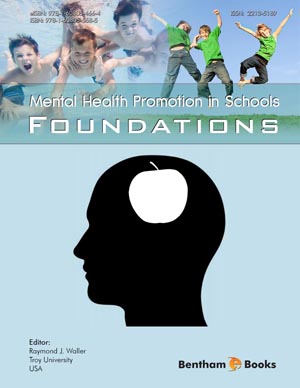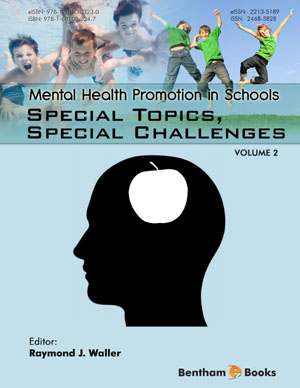Abstract
Changes in the world of work have been witnessed worldwide. They have profoundly affected the working life, the occupational health and safety professions structure, and occupational health and safety professional role. This chapter invites to reflections concerning needs on occupational health and safety professional competencies demanded by the changing world of work. Occupational health and safety professionals will be a necessary part of doing business worldwide, as researchers, educators, or practitioners. Nevertheless, competencies these professionals must acquire are at stake. Training and education must be redesigned for creating competent critical mass of occupational health and safety experts, able to understand and to deal with emerging issues in the changing world of work. Multiple disciplinary learning approaches are needed to tackle today’s complex problems of working environments. The occupational health and safety professionals must find balance between knowledge breadth and depth. Changing values at university is an opportunity to enhance the value of occupational health and safety for a wider audience in an environment where occupational health and safety issues are usually under evaluated. Beyond technical expertise, skills are needed to move forward. Resilience is certainly the most important to be developed. To be resilient, professionals must be self-reliant, requiring a continuous openness towards life-long learning. The occupational health and safety professional must now know how to learn during an entire lifespan. Despite theoretical knowledge gathered from studies already conducted on several aspects, occupational health and safety conditions worsen. Attempts should be made to strengthen knowledgepractice link. Researchers, professors, students and practitioners must face this biggest challenge, which can determine the success or the failure on the enhancement of occupational health and safety conditions.
Keywords: Breadth of knowledge, changing world of work, commitment, communication, continuing learning, depth of knowledge, life-long learning, long-lasting research, multiple disciplinary approach, OHS profession, OHS professional skills, OHS research, research and practice gap, resilience, selfreliance, teamwork, training needs, university education.












